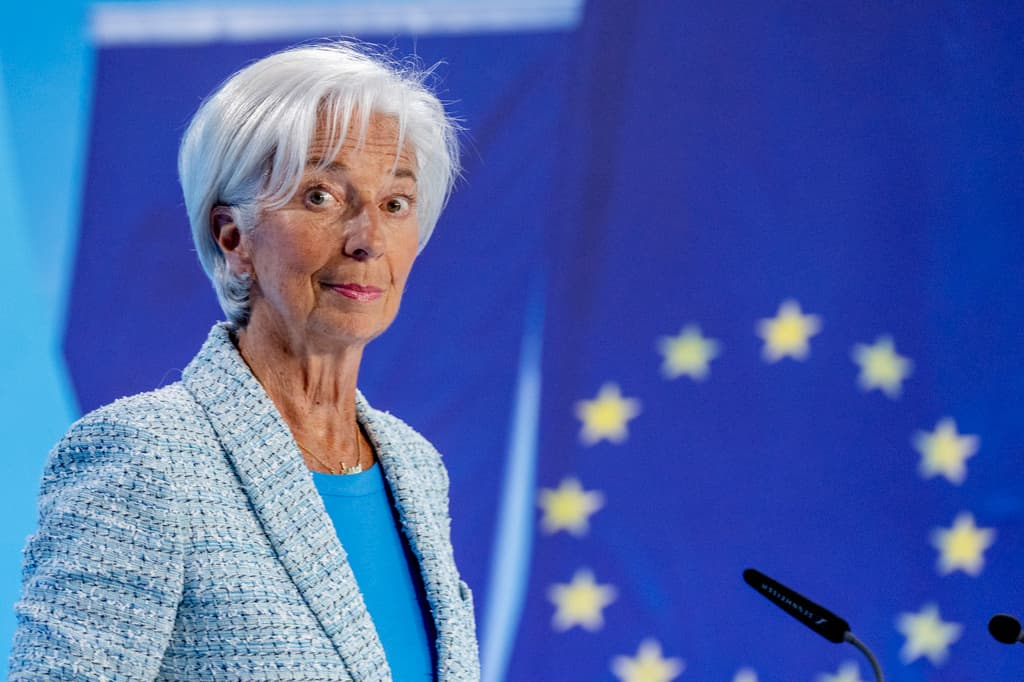Inflation in the eurozone countries fell to 2.2 percent in August, down from 2.6 percent in July. The decline is in line with the average forecast among analysts, according to Bloomberg, and brings inflation in the eurozone to its lowest level in three years.
"This paves the way for the ECB to lower interest rates at its September meeting," says Leo Barincou, senior economist at Oxford Economics, in a comment.
Earlier, weaker inflation figures for August have also been reported from major eurozone countries such as Germany and France.
Lower energy prices are behind most of the decline. Looking at the underlying inflation in August - where energy prices are excluded - inflation only falls to 2.8 percent from 2.9 percent in July.
Service prices in the eurozone are moving in the wrong direction and rose faster in August than in July, according to monthly figures.
The effect is already clear
The Swedish Central Bank and ECB have already started lowering their policy rates, and it has begun to have an impact on the mortgage market. But more is expected. In market pricing, the ECB is expected to lower interest rates two or three times this year.
The effect is already clear on the bond market. The yield on a two-year German government bond - a benchmark for interest rates in the eurozone - has fallen to 2.34 percent ahead of Friday's inflation figure from Eurostat. This can be compared to the peaks in May around 3.09 percent.
The same trend is seen on Swedish market interest rates. The Swedish two-year yield has fallen to 1.86 percent. This can be compared to 2.12 percent at the end of July and 2.88 percent at the beginning of the year.
The krona up 40 öre
The krona - which was a punching bag on the currency market during the inflation and interest rate shock of 2022-2023 - has simultaneously strengthened against the euro in recent times. Since the end of July, the increase is 40 öre.
The krona's recovery and stabilization at a higher level increases the room for the Swedish Central Bank to adjust the policy rate even if the ECB does not follow suit with its rate cuts.
The stock market also gets a boost when interest rates are pushed down. Lower interest rates increase investors' willingness to take risks, including investments in stocks. This gives particular support to stocks in highly indebted companies - primarily in real estate and growth - which benefit the most from falling interest costs.
Statistics Sweden (SCB) will present figures for Sweden's August inflation on September 12, the same day as the ECB announces its next interest rate decision.
The Swedish Central Bank's next interest rate decision is scheduled for September 25. Then, a rate cut of 0.25 percentage points to 3.25 percent, from today's 3.50 percent, is expected.
The Swedish Central Bank has said that it expects to make two or three rate cuts this year. But in market pricing, a further seven rate cuts are priced in, down to a halved policy rate of 1.75 percent by the end of 2025.






